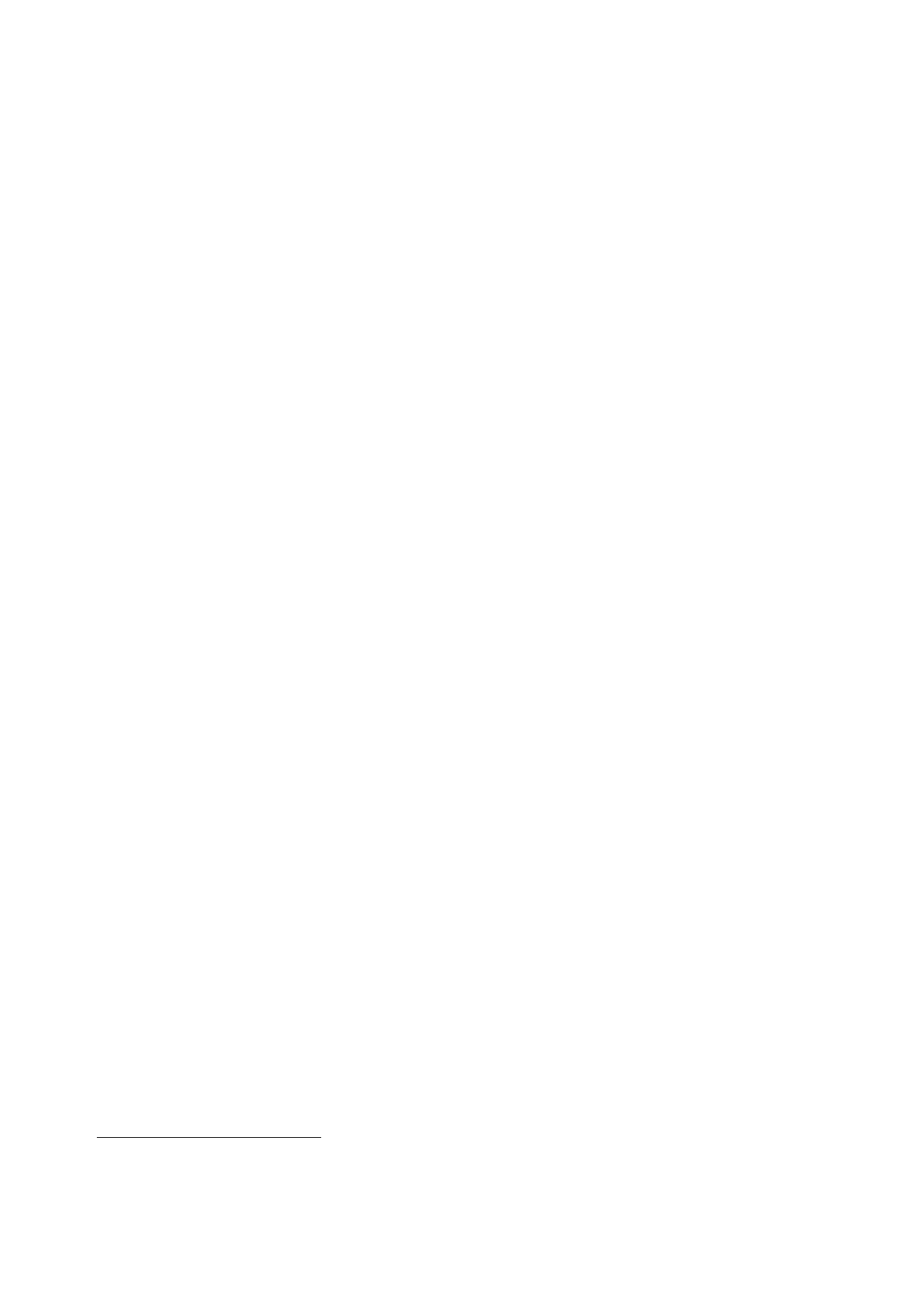
The Report
of the Iraq Inquiry
information
from the UK that had “still not been followed up”.154
The IAEA
had apparently
concluded
that:
•
There was
“no significant evidence that Iraq had attempted to procure
uranium
from
Niger”. The documents the IAEA had seen “that formed the basis of
such
an
allegation appeared to be forgeries”.
•
Aluminium
tubes, “although imported illegally”, were not connected with
a
gas
centrifuge programme. Iraq had “satisfactorily explained the use of
the
tubes, and
the reasons for their various fine tolerances”. The Iraqis “were
no
longer (if
ever) in a position to manufacture a gas centrifuge, especially
without
foreign assistance”.
•
There was
“no evidence to link the magnets with a covert nuclear
programme”;
the IAEA
had found the part in the guidance system of a
missile.
•
The IAEA
had evidence that a significant amount of the “missing 32 tonnes
of
HMX (a high
explosive used to help trigger nuclear fission)”, had been used
for
commercial
purposes, “as the Iraqis had claimed”.
400.
In evidence
to the FAC on 4 March, Mr Straw emphasised Iraq’s attempts
to
conceal its
capabilities and deceive the inspectors.
401.
Mr Straw
gave evidence to the FAC on 4 March (see Section
3.7).155
402.
In his opening
statement, Mr Straw said that it was assessed that Iraq had
the
capability
to produce a range of chemical and biological agents,
and:
“The Iraqi
regime has put up an elaborate screen of concealment based
on
intimidation
and deception to cover this capability … [W]e know that
sensitive
materials
and documents have been hidden in the homes of employees
and
hidden too
in hospitals, farms and other sites. Intelligence also suggests
that
WMD‑related
items may have been buried and others were being kept on the
move
every
12 hours using trucks and trains. Throughout the period of
inspection Iraq’s
security
and intelligence agencies have been monitoring UNMOVIC and the
IAEA
and plans
are available to obstruct them if they come close to WMD itself …
Iraq
is
particularly concerned about … interviews of scientists and others
because if
they were
carried out as mandated by [resolution] 1441 they would
unquestionably
expose the
regime’s deception and its stockpile of weapons … In early
December
we know
that Saddam Hussein issued instructions that scientists were to
be
threatened
with serious consequences for themselves and their families if
they
revealed
any sensitive information to UNMOVIC. They were ordered not to
agree
to any
interviews taking place outside Iraq … The potential witnesses
have been
154
Letter Owen
to Rycroft, 4 March 2003, ‘Iraq Weapons Inspections: IAEA Line on 7
March’.
155
Minutes,
Foreign Affairs Committee (House of Commons), 4 March 2003,
[Evidence Session].
364
